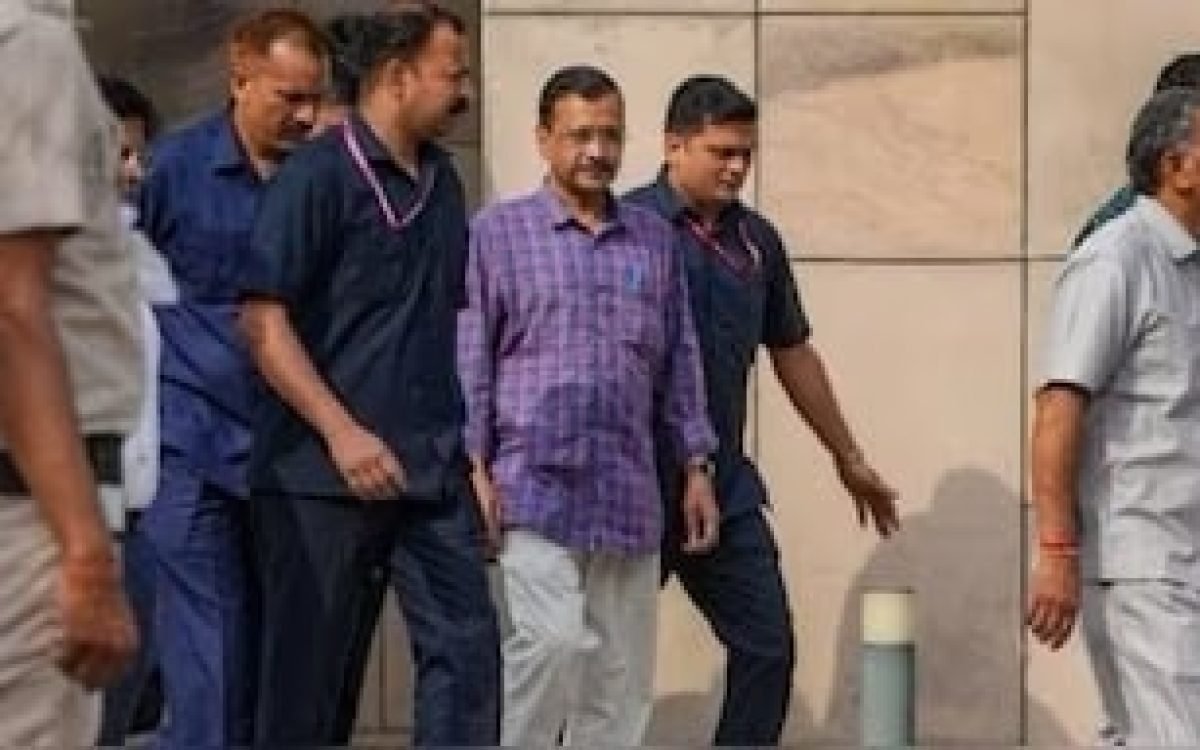Apple’s steadfast commitment to user privacy has once again come under the spotlight as reports emerge of the tech giant denying access to the iPhone used by Delhi Chief Minister Arvind Kejriwal to the Enforcement Directorate (ED). The refusal, citing the necessity of the owner’s password for data access, raises questions about the balance between privacy rights and law enforcement needs.
During a recent raid by the ED, conducted on the night of Kejriwal’s arrest on March 21, the agency reportedly seized four mobile phones, including the CM’s smartphone. However, Apple’s refusal to unlock the device has stymied the agency’s attempts to access its contents. Kejriwal himself allegedly switched off his iPhone and declined to share his password during questioning.
The reluctance to share the iPhone’s password stems from concerns about revealing sensitive information, particularly related to the Aam Aadmi Party’s (AAP) election strategy and pre-poll alliances. Kejriwal’s stance underscores the importance of safeguarding political strategies and communications from potential interference by investigative agencies.
This incident echoes Apple’s past refusals to unlock devices for law enforcement agencies, emphasizing the company’s unwavering stance on user privacy. In a similar instance in 2020, Apple declined a request from the FBI to unlock the device of Mohammed Saeed Alshamrani, a Saudi Air Force officer responsible for a deadly attack at Pensacola Naval Air Station. Despite calls for cooperation in aiding the investigation, Apple prioritized user privacy over law enforcement demands.
The standoff between Apple and law enforcement agencies highlights the ongoing tension between privacy rights and the needs of criminal investigations. While ensuring user data remains secure is paramount for Apple, law enforcement agencies argue that access to such information is crucial for solving crimes and maintaining public safety.
As technology continues to evolve and privacy concerns intensify, the debate over the balance between privacy and security shows no signs of abating. The case of Arvind Kejriwal’s iPhone serves as yet another chapter in this ongoing saga, raising fundamental questions about the limits of governmental authority in accessing personal data in the digital age.









